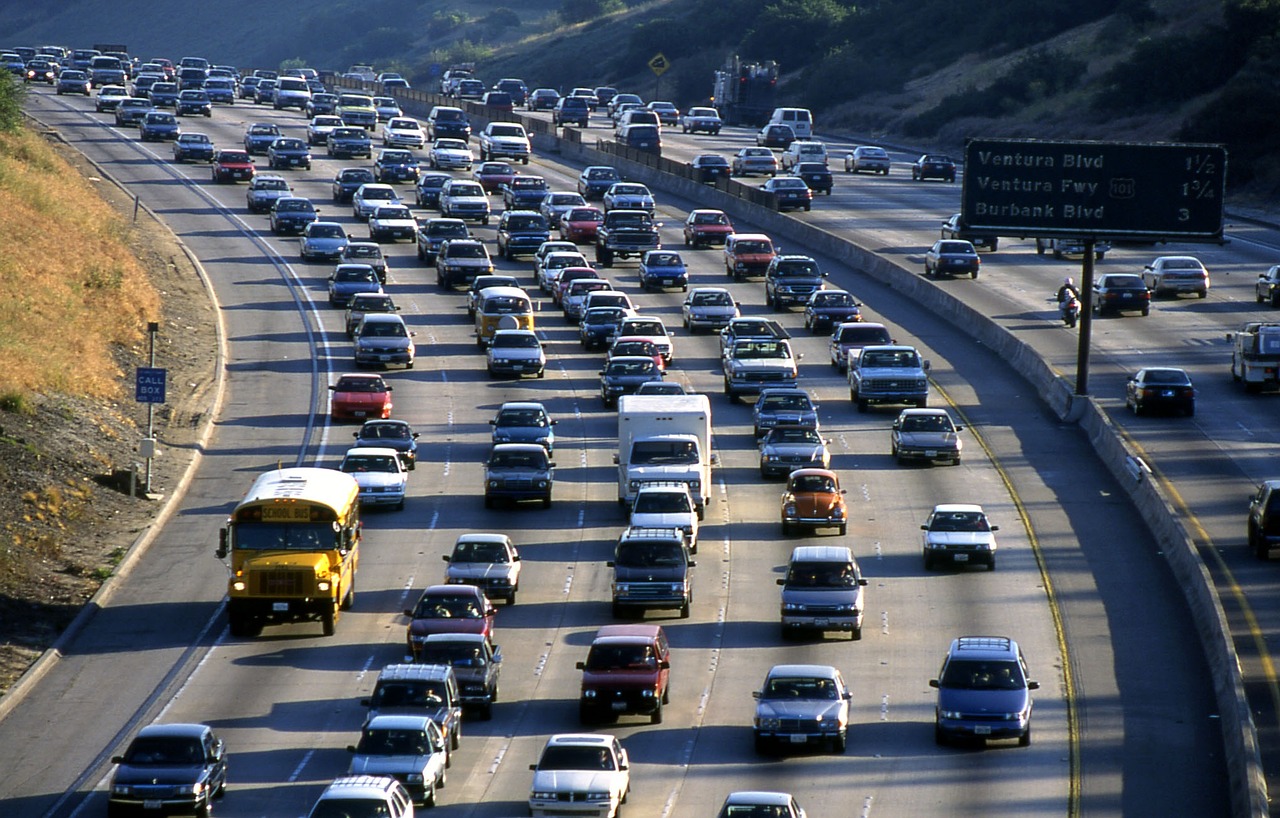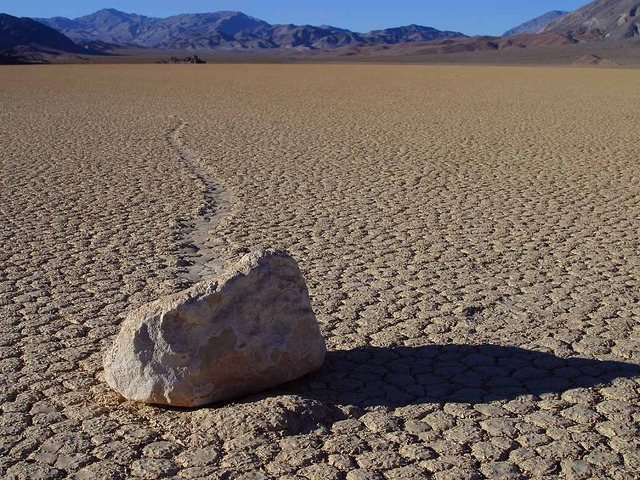
A Solution to Plastic Pollution Crisis
Cleaning up Ride-Hailing Cars
Redux to Protect the Mojave National Preserve Groundwater
A Solution to Plastic Pollution Crisis
By Lauren Cullum
Single-use products, typically plastic packaging, create numerous problems that current disposal and recycling policies cannot resolve.
Historically, less than 15 percent of single-use plastic is recycled in California. Since China has implemented a new policy restricting the amount of foreign waste it accepts, even less plastic is being recycled.
Now California legislators are partnering to develop the California Circular Economy and Plastic Pollution Reduction Acts, SB 54 (Allen, Skinner, Stern, Wiener) and AB 1080 (Gonzalez, Friedman, Ting).
These two bills would create a framework to dramatically reduce the amount of single-use waste generated in the state and require that the remaining packaging be truly recyclable or compostable. The goal is for single-use packaging and products sold or distributed in California to be reduced, recycled or composted by 75 percent by 2030.
Eliminating non-reusable, non-recyclable and non-compostable products and reducing packaging is by far the most effective, and least expensive way to protect human, wildlife and environmental health.
Significantly reducing California’s reliance on single-use packaging is critical in meeting the state’s climate and waste diversion commitments. These bills will be an important step in protecting public health, reducing clean-up costs and our reliance on fossil fuels, restoring ecosystems and revitalizing resource-dependent communities.
Sierra Club California is part of a coalition working to pass the California Circular Economy and Plastic Pollution Reduction Acts. Watch for an email alert soon about how you can help get these bills passed.
By Katherine Garcia

Uber, Lyft and other transportation network companies (TNCs) have become an ubiquitous element of urban transportation. The service makes it easier for households to own fewer cars, or eliminate car ownership altogether. For those living car-free, TNCs can serve as a good first/last-mile option on route to a public transportation stop.
But these options aren’t necessarily helping cut pollution because they typically use gasoline vehicles. One way to address the pollution issue is to make sure TNCs use zero-emission cars.
Last year, Senator Nancy Skinner passed SB 1014, the Clean Miles Standard and Incentive Program. The new law directs the California Air Resources Board and the California Public Utilities Commission to set new requirements for TNCs to cut climate pollution. This new program is critical for ensuring that ride-hailing companies are driving cleaner miles on our roads.
This aligns with Lyft’s launch in Seattle of Green Mode, which allows users to request a ride in an EV or hybrid.
Recently cities across the country have proposed a TNC tax to raise revenue. Transportation experts recommend that rather than approaching these rates as a budgeting exercise, policymakers should be thoughtful about how the charges will affect behavior.
Assemblymember Ting took this to heart when he introduced Assembly Bill 1184 last year. That law allows San Francisco residents to vote on a new tax on TNCs that will help improve transportation operations and infrastructure within the city. The bill states that the city should charge a lower tax rate for shared rides to encourage carpooling. It also recommends a lower rate for zero-emission vehicles to incentivize their deployment.
The San Francisco Board of Supervisors is expected to develop an ordinance for the ballot tax measure within the next few months. A critical question is whether the supervisors include incentives to encourage zero-emission cars.
Sierra Club California supported AB 1184 because it could set an important precedent for other cities that aim to reduce greenhouse gas emissions and ensure their citizens breathe clean air. Now we’re waiting to see if San Francisco will appropriately take up that challenge.
Redux to Protect the Mojave National Preserve Groundwater
By Brandon Dawson

Follow Us:
  |
Thank you for being a part of our work! Consider making it monthly. You may securely donate online or by sending a check to Sierra Club California at 909 12th Street, Suite 202, Sacramento, CA 95814.

